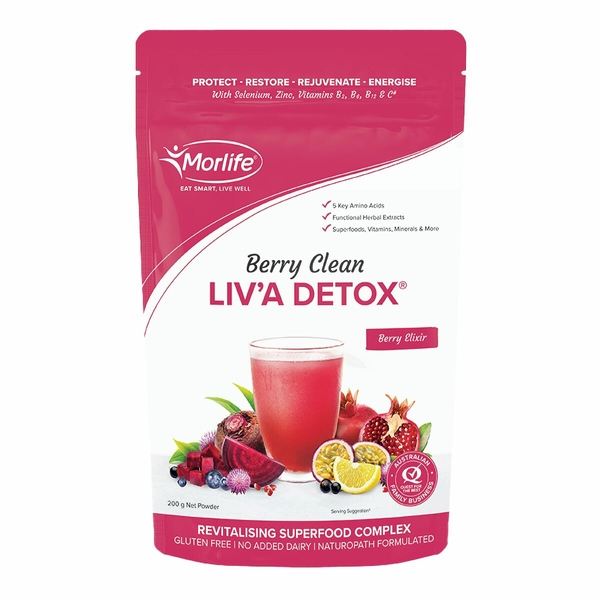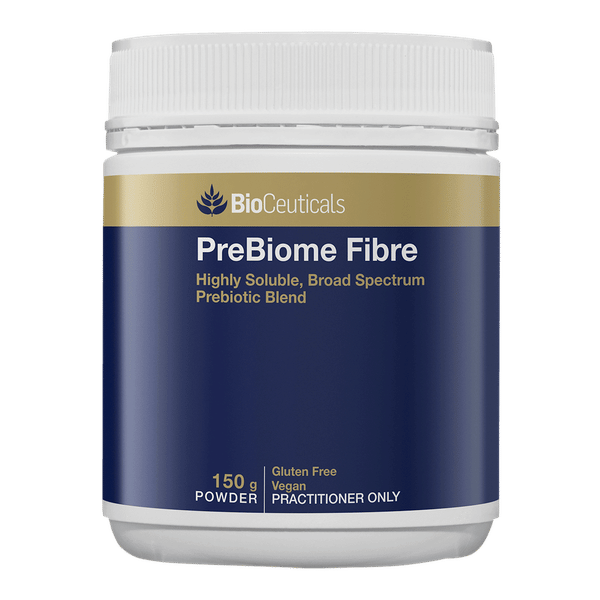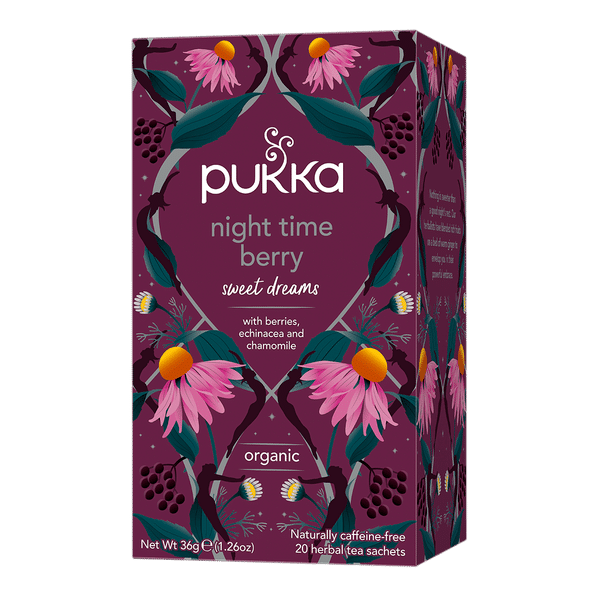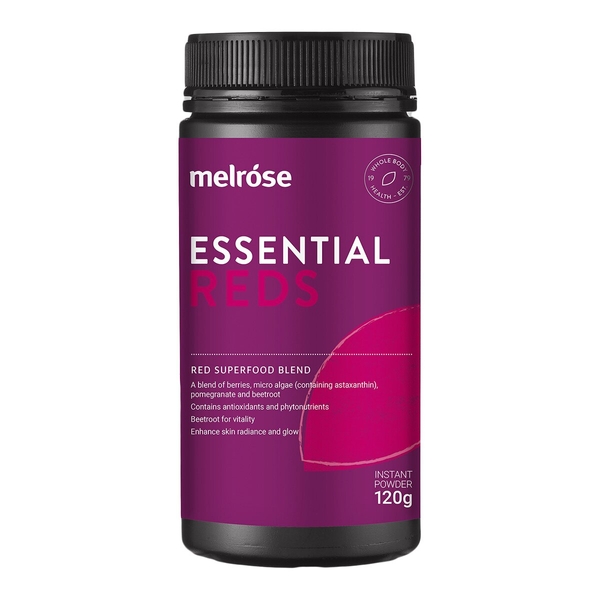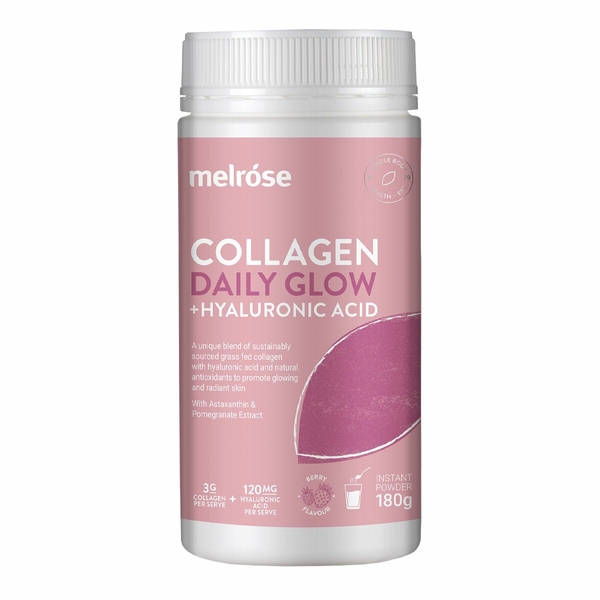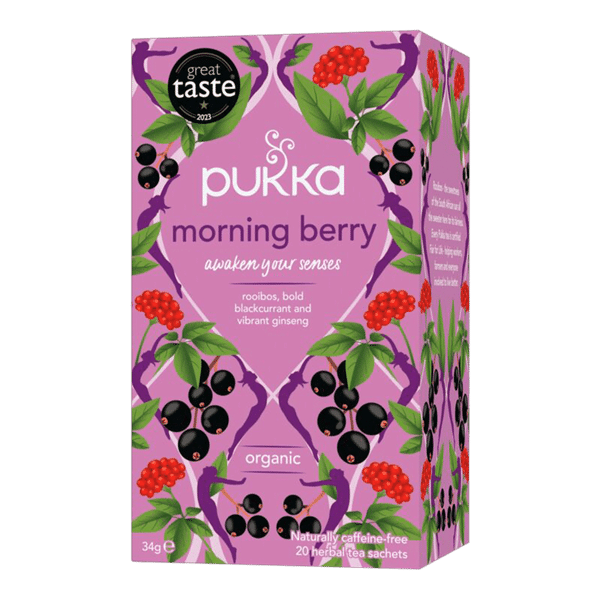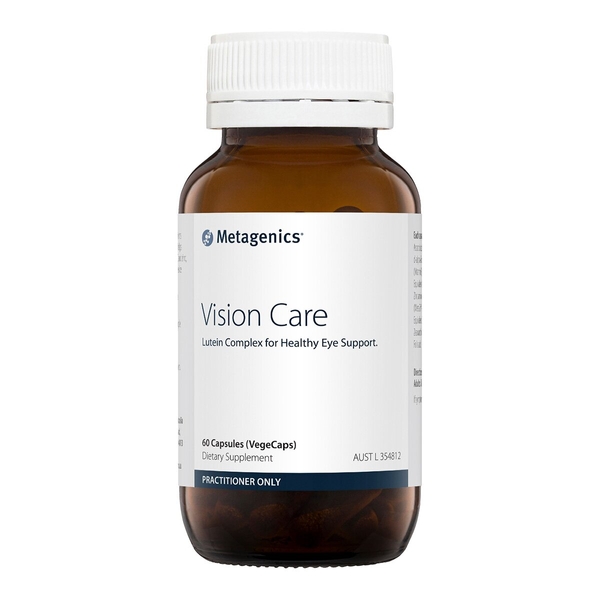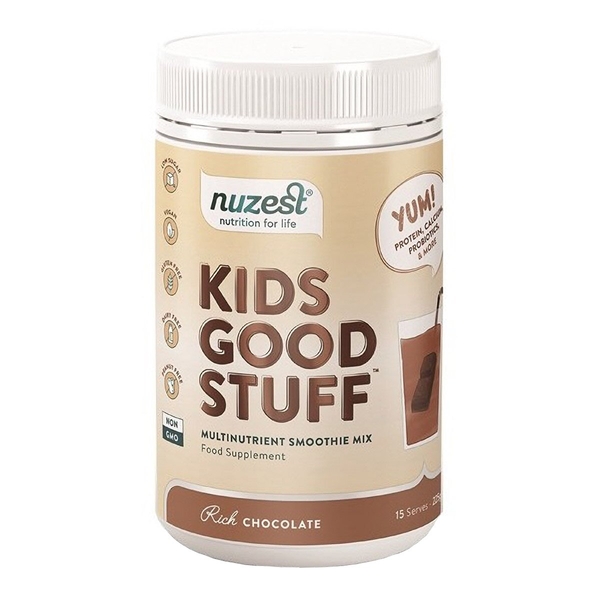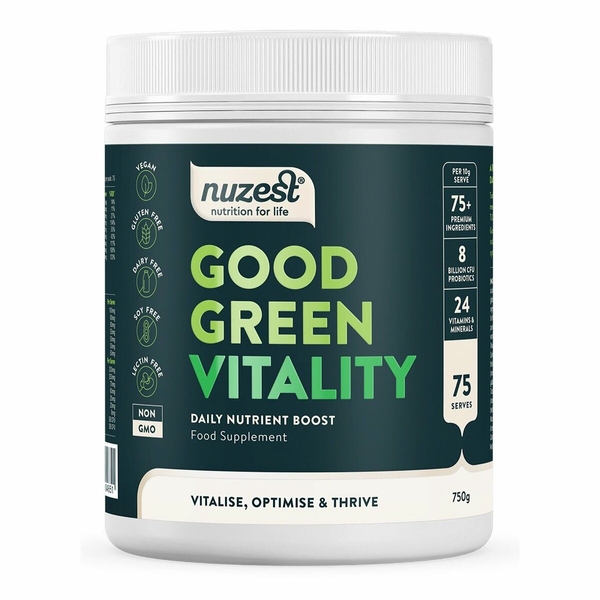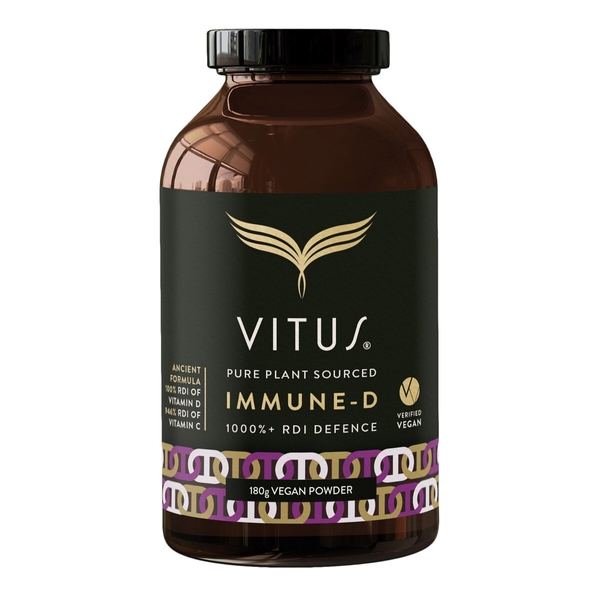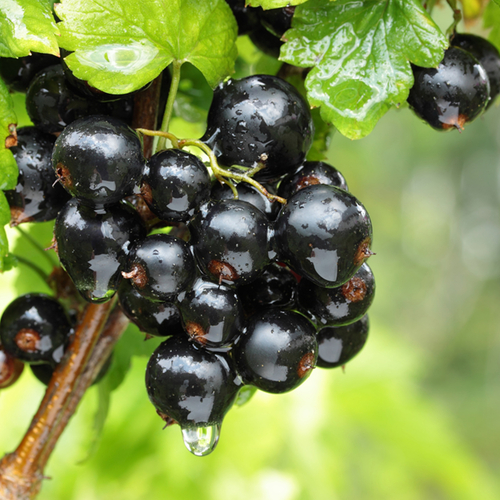
Black currant
Scientific names: Ribes nigrum
Family: Grossulariaceae
Alternate names: Black Currant Seed Oil, Cassis, European Black Currant, Groseille Noir, Grosella Negra, Kurokarin, Nabar, Paper, Ribes Nigri Folium (black currant leaf), Ribes Nero
Actions: Antibacterial, Anticoagulant, Antihypertensive, Anti-inflammatory, Antioxidant, Anti-tumor, Antiviral, Cardiovascular, Immune-enhancing, Neurological, Ophthalmic
Background
Black currant (Ribes nigrum) is a shrub that grows to about 1-2 meters tall. It makes edible, purple-black berries that taste sweet and contain a seed.
Black currant seed oil contains a chemical called gamma-linolenic acid (GLA). GLA might improve immune function and help decrease swelling. Black currant berries contain chemicals called anthocyanins, which have antioxidant effects. There is interest in these chemicals to prevent skin aging and wrinkles.
People use black currant for eczema, gout, high cholesterol, high blood pressure, muscle fatigue, wound healing, and many other conditions, but there is no good scientific evidence to support these uses.
Don't confuse black currant with gamma-linolenic acid (GLA), omega-6 fatty acids, borage, evening primrose, or flaxseed oil. These are not the same.
Black currant seed oil contains a chemical called gamma-linolenic acid (GLA). GLA might improve immune function and help decrease swelling. Black currant berries contain chemicals called anthocyanins, which have antioxidant effects. There is interest in these chemicals to prevent skin aging and wrinkles.
People use black currant for eczema, gout, high cholesterol, high blood pressure, muscle fatigue, wound healing, and many other conditions, but there is no good scientific evidence to support these uses.
Don't confuse black currant with gamma-linolenic acid (GLA), omega-6 fatty acids, borage, evening primrose, or flaxseed oil. These are not the same.
Safety Safety definitions
When taken by mouth Black currant berries, leaves, and flowers are commonly consumed as foods. Black currant juice, extract, and seed oil are likely safe when used appropriately as medicine.
When applied to the skin: There isn't enough reliable information to know if any part of black currant is safe or what the side effects might be.
Bleeding disorders: Black currant seed oil might slow blood clotting. This might increase the risk of bruising and bleeding in people with bleeding disorders.
Surgery: Black currant seed oil might slow blood clotting. This might increase the risk of bleeding during and after surgery. Stop taking black currant seed oil at least 2 weeks before a scheduled surgery.
When applied to the skin: There isn't enough reliable information to know if any part of black currant is safe or what the side effects might be.
Special Precautions & Warnings:
Pregnancy and breast-feeding: There isn't enough reliable information to know if black currant is safe to use when pregnant or breast-feeding. Stay on the safe side and avoid use.Bleeding disorders: Black currant seed oil might slow blood clotting. This might increase the risk of bruising and bleeding in people with bleeding disorders.
Surgery: Black currant seed oil might slow blood clotting. This might increase the risk of bleeding during and after surgery. Stop taking black currant seed oil at least 2 weeks before a scheduled surgery.
Effectiveness
Effective Effectiveness definitions
There is interest in using black currant for a number of purposes, but there isn't enough reliable information to say whether it might be helpful.
Dosing & administration
Black currant berries, leaves, and flowers are commonly consumed as foods.
As medicine, black currant seed oil has most often been used by adults in doses of 3-10.5 grams by mouth daily for up to 24 weeks. Speak with a healthcare provider to find out what dose might be best for a specific condition.
As medicine, black currant seed oil has most often been used by adults in doses of 3-10.5 grams by mouth daily for up to 24 weeks. Speak with a healthcare provider to find out what dose might be best for a specific condition.
Interactions with pharmaceuticals
Medications that slow blood clotting (Anticoagulant / Antiplatelet drugs)
Interaction Rating=Moderate Be cautious with this combination.
Black currant seed oil might slow blood clotting. Taking black currant seed oil along with medications that also slow blood clotting might increase the risk of bruising and bleeding.
Phenothiazines
Interaction Rating=Moderate Be cautious with this combination.
Taking black currant seed oil with phenothiazines might increase the chance of having a seizure in some people.
Interactions with herbs & supplements
Herbs and supplements that might slow clotting: Black currant seed oil might slow blood clotting and increase the risk of bleeding. Taking it with other supplements with similar effects might increase the risk of bleeding in some people. Examples of supplements with this effect include garlic, ginger, ginkgo, nattokinase, and Panax ginseng.
Interactions with foods
There are no known interactions with foods.
Products
View all productsPer 10 g (Berry):
- Ribes nigrum (Blackcurrant)
- Schisandra chinensis
- Berberis vulgaris
- Cynara scolymus
- Silybum marianum
- Passionfruit
- Citrus limon (Lemon)
- Piper nigrum
- Zingiber officinale
- Camellia sinensis
- Beta vulgaris
- L-glutamine
- L-glycine
- L-methionine
- Zinc gluconate
- Taurine
- Choline bitartrate
- Pyridoxine hydrochloride (Vitamin B6)
- Folic acid
- Selenomethionine
- Cyanocobalamin (Vitamin B12)
- Apple pectin
- Riboflavin (Vitamin B2)
- Natural flavours
- Rosmarinus officinalis
- Echinacea angustifolia
- Malpighia glabra
- Curcuma longa
- L-cysteine
- Oryza sativa (Rice hulls)
- Silicon dioxide
- Punica granatum
- Vaccinium corymbosum (fruit) powder
RRP: $44.95$35.06Save: 22%
Sold out
Create account
return unknown
Per 7.5 g:
- Ribes nigrum (Blackcurrant) (fruit) juice dry
- Cyamopsis tetragonoloba (Guar gum) 6 g
- Camellia sinensis ext. 75 mg
- Acacia catechu 300 mg
- Tapioca maltodextrin
- Fragaria ananassa (juice) powder (Strawberry)
- Euterpe oleracea (berry) puree (Acai)
- Lycium barbarum (fruit)
- Punica granatum
- Sambucus nigra (fruit)
- Vaccinium corymbosum (fruit) powder
- Vaccinium macrocarpon
- Rubus idaeus juice
Practitioner product
Per tea bag:
RRP: $10.25$9.43Save: 8%
Create account
Per 4 g:
- Ribes nigrum (Blackcurrant) powder
- Beta vulgaris powder
- Fragaria ananassa (juice) powder (Strawberry)
- Euterpe oleracea (berry) ext. (Acai)
- Punica granatum powder
- Silicon dioxide
- Citric acid anhydrous
- Haematococcus pluvialis (Chlorophyll)
- Rubus fruticosus (Blackberry)
- Fermented Prebiotic Isomalto-oligosaccharides (Fermented prebiotic IMO)
- Natural pomegranate flavour
RRP: $26.95$22.10Save: 18%
Create account
Per 5.5 g (Berry):
- Ribes nigrum (Blackcurrant)
- Hydrolysed bovine collagen peptides 2.87 g
- Beta vulgaris powder
- Euterpe oleracea (berry) ext. (Acai)
- Punica granatum
- Hyaluronic acid sodium salt (Sodium hyaluronate) 115.5 mg
- Fragaria ananassa (Strawberry)
- Rubus fruticosus (Blackberry)
- Fermented Prebiotic Isomalto-oligosaccharides (Fermented prebiotic IMO)
- Natural flavours
- Silicon dioxide
- Haematococcus pluvialis
- Citric acid anhydrous
- Berry flavour
- Luo Han Guo (fruit) ext. (Monk fruit)
RRP: $39.95$32.76Save: 18%
Create account
Per tea bag:
- Ribes nigrum (Blackcurrant)
- Ribes nigrum (Blackcurrant) (fruit)
- Aspalathus linearis (leaf)
- Hibiscus sabdariffa
- Rosa canina
- Glycyrrhiza spp. (root)
- Mentha spicata (leaf)
- Rosmarinus officinalis (leaf)
- Rubus fruticosus (Blackberry)
- Blueberry flavour
- Cymbopogon citratus essential oil
- Mentha spicata essential oil
- Ginseng spp. (root)
RRP: $9.35$8.60Save: 8%
Create account
Per capsule:
- Ribes nigrum (Blackcurrant) ext. 67 mg
- Tagetes erecta ext. 120 mg
- Ascorbic acid (Vitamin C) 50 mg
- d-alpha-Tocopheryl acid succinate (Vitamin E) 41 mg equiv. d-alpha-tocopherol 50 IU
- Zeaxanthin (Carotenoids) 500 μg
- Folic acid 99 μg
- Cyanocobalamin (Vitamin B12) 100 μg
- Zinc bisglycinate (Zinc amino acid chelate) 37.5 mg equiv. zinc 7.5 mg
Practitioner product
Per 15 g (Rich Chocolate):
- Ribes nigrum (Blackcurrant) powder 200 mg
- Pea protein isolate 8.3 g
- Lactobacillus acidophilus 1.58 billion CFU
- Bifidobacterium bifidum 1.58 billion CFU
- Marine algae 500 mg
- Linum usitatissimum (seed) (Flaxseed) 250 mg
- Sunflower lecithin 200 mg
- Spinacia oleracea (Spinach) 100 mg
- Beta vulgaris (root) powder (Beetroot) 100 mg
- Daucus carota powder (Carrot) 100 mg
- Arthrospira platensis (Spirulina) 100 mg
- Wheatgrass powder 100 mg
- Zingiber officinale powder 40 mg
- Vitis vinifera powder 200 mg
- Malpighia glabra powder 100 mg
- Lycium chinese powder 100 mg
- Vaccinium myrtillus powder 100 mg
- Bacopa monnieri powder 50 mg
- Taraxacum officinale powder 30 mg
- Malus (fibre) powder (Apple) 587 g
- Apple pectin 200 mg
- Plantago ovata (husk) (Psyllium) 100 mg
- Citric acid anhydrous 150 mg
- Citrus bioflavonoids extract 70 mg
- Ananas comosus (Bromelain) 30 mg
- R,S-alpha lipoic acid 20 mg
- Beta glucan 11.5 mg
- Dunaliella salina 8 mg
- Lutein 2 mg
- Zeaxanthin (Carotenoids) 400 µg
- Natural chocolate flavour
- Potassium phosphate dibasic
- Calcium citrate
- Ascorbic acid (Vitamin C)
- Zinc gluconate
- d-alpha-Tocopheryl acid succinate (Vitamin E)
- Thaumatin
- Nicotinamide (Vitamin B3)
- Manganese gluconate
- D-calcium pantothenate (Vitamin B5)
- Tocopherols concentrate - mixed (Vitamin E)
- Selenomethionine
- Retinyl palmitate
- Riboflavin (Vitamin B2)
- Thiamine hydrochloride (Vitamin B1)
- Pyridoxine hydrochloride (Vitamin B6)
- Folate
- Chromium picolinate
- Cholecalciferol
- Fucus vesiculosus powder 97 mg
- Stevia rebaubiana powder
- Phytomenadione (Vitamin K1)
- Copper gluconate
- Calendula officinalis powder
- Biotin
- Cyanocobalamin (Vitamin B12)
- Theobroma cacao powder 2.1 g
- Brassica oleracea var. italica powder 100 mg
- Carica papaya 50 mg
- Hordeum vulgare 100 mg
- Natural vanilla flavour
- Magnesium gluconate
- Menaquinone 7 (Vitamin K2)
RRP: $48.00$39.36Save: 18%
Create account
Per 10 g:
- Ribes nigrum (Blackcurrant)
- Pea protein isolate
- Malus (Apple)
- Apple pectin
- Arthrospira platensis (Spirulina)
- Linum usitatissimum (seed) (Flaxseed)
- Sunflower lecithin
- Marine algae
- Wheatgrass powder
- Beta vulgaris (root) powder (Beetroot)
- Brassica oleracea var. italica (Broccoli)
- Chlorella pyrenoidosa powder
- Spinacia oleracea (Spinach)
- Daucus carota powder (Carrot)
- Zingiber officinale
- Glycyrrhiza glabra (root)
- Cynara scolymus
- Vitis vinifera
- Malpighia glabra
- Vaccinium myrtillus
- Camellia sinensis
- Rosa canina
- Centella asiatica
- Silybum marianum
- Rhodiola rosea
- Rosmarinus officinalis
- Withania somnifera
- Taraxacum officinale
- Lycium chinese (berry)
- Citric acid anhydrous
- Citrus bioflavonoids extract
- R,S-alpha lipoic acid
- Beta glucan
- Ubiquinol-10 (Coenzyme Q10)
- Dunaliella salina
- Lactobacillus acidophilus
- Bifidobacterium bifidum
- Potassium phosphate dibasic
- Magnesium citrate
- Ascorbic acid (Vitamin C)
- Natural vanilla flavour
- Natural pineapple flavour
- Zinc citrate
- Tocopherols concentrate - mixed (Vitamin E)
- Selenomethionine
- D-calcium pantothenate (Vitamin B5)
- Nicotinamide (Vitamin B3)
- Pyridoxine hydrochloride (Vitamin B6)
- Retinyl palmitate
- Cholecalciferol
- Copper gluconate
- Thiamine hydrochloride (Vitamin B1)
- Riboflavin (Vitamin B2)
- Folate
- Chromium picolinate
- Panax ginseng
- Fucus vesiculosus
- Stevia rebaubiana (leaf)
- Phytomenadione (Vitamin K1)
- Biotin
- Cyanocobalamin (Vitamin B12)
- Lentinula edodes (fruiting body)
- Ulmus rubra (bark inner) powder
- Hordeum vulgare
- Plantago ovata (husk) (Psyllium)
- Theobroma cacao
- Tocopherols concentrate - mixed (Vitamin E)
- Astragalus membranaceus
- Manganese gluconate
- Menaquinone 7 (Vitamin K2)
- Fallopia japonica
- Amylase enzyme
- Protease
- Lipase
- Cellulase
- Lactase
- Euterpe oleracea (berry) ext. (Acai)
- Bacopa monnieri
- Salvia officinalis
- Vaccinium macrocarpon
RRP: $215.00$176.30Save: 18%
Create account
RRP: $49.95$42.46Save: 15%
No longer stocked by vital.ly
Create account
vital.ly has licensed monographs from TRC Healthcare.
This monograph was last reviewed on 01/05/2024 10:00:00 and last updated on 18/10/2022 06:51:01. Monographs are reviewed and/or updated multiple times per month and at least once per year.
Natural Medicines disclaims any responsibility related to medical consequences of using any medical product. Effort is made to ensure that the information contained in this monograph is accurate at the time it was published. Consumers and medical professionals who consult this monograph are cautioned that any medical or product related decision is the sole responsibility of the consumer and/or the health care professional. A legal License Agreement sets limitations on downloading, storing, or printing content from this Database. No reproduction of this monograph or any content from this Database is permitted without written permission from the publisher. It is unlawful to download, store, or distribute content from this site.

